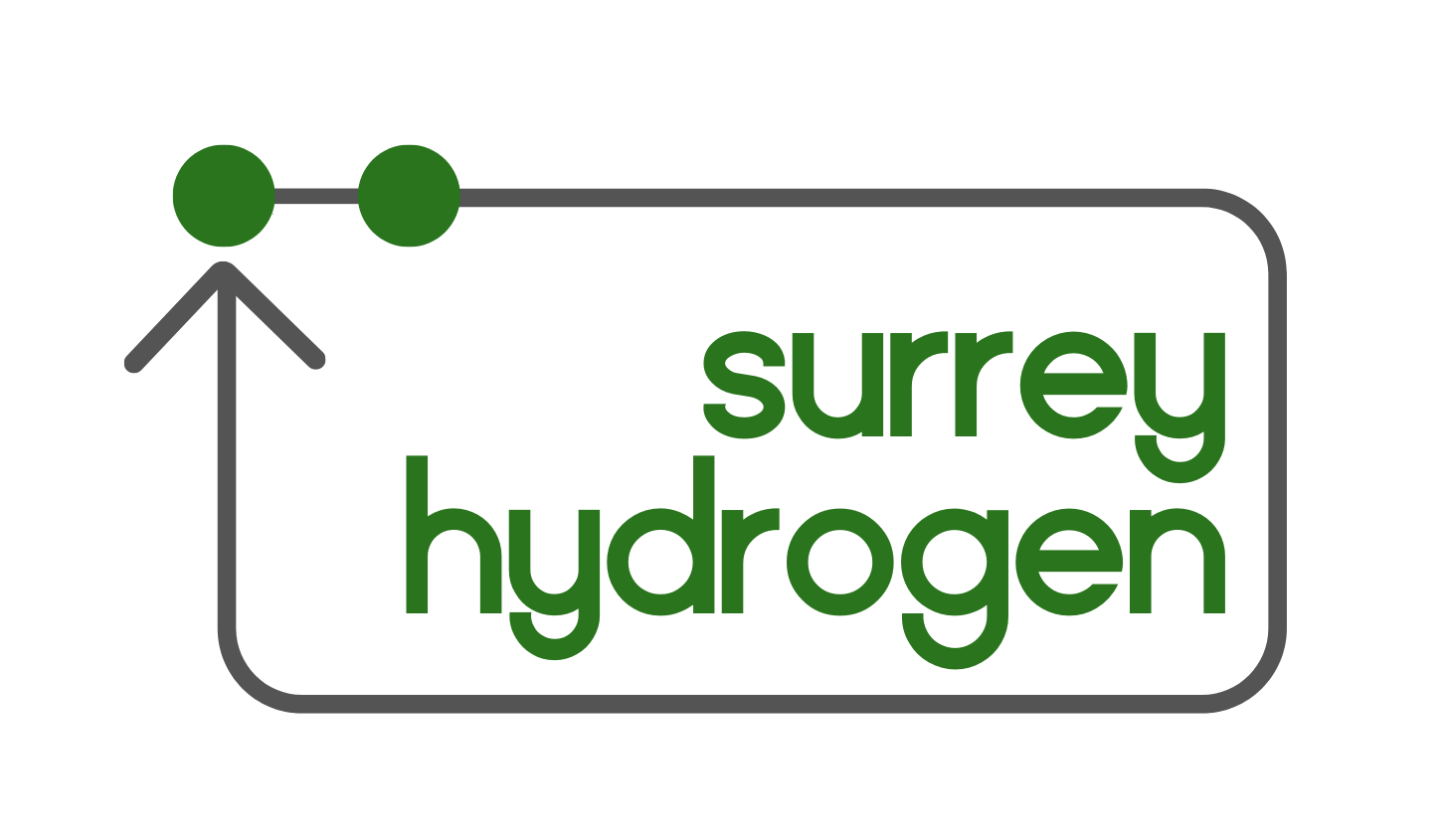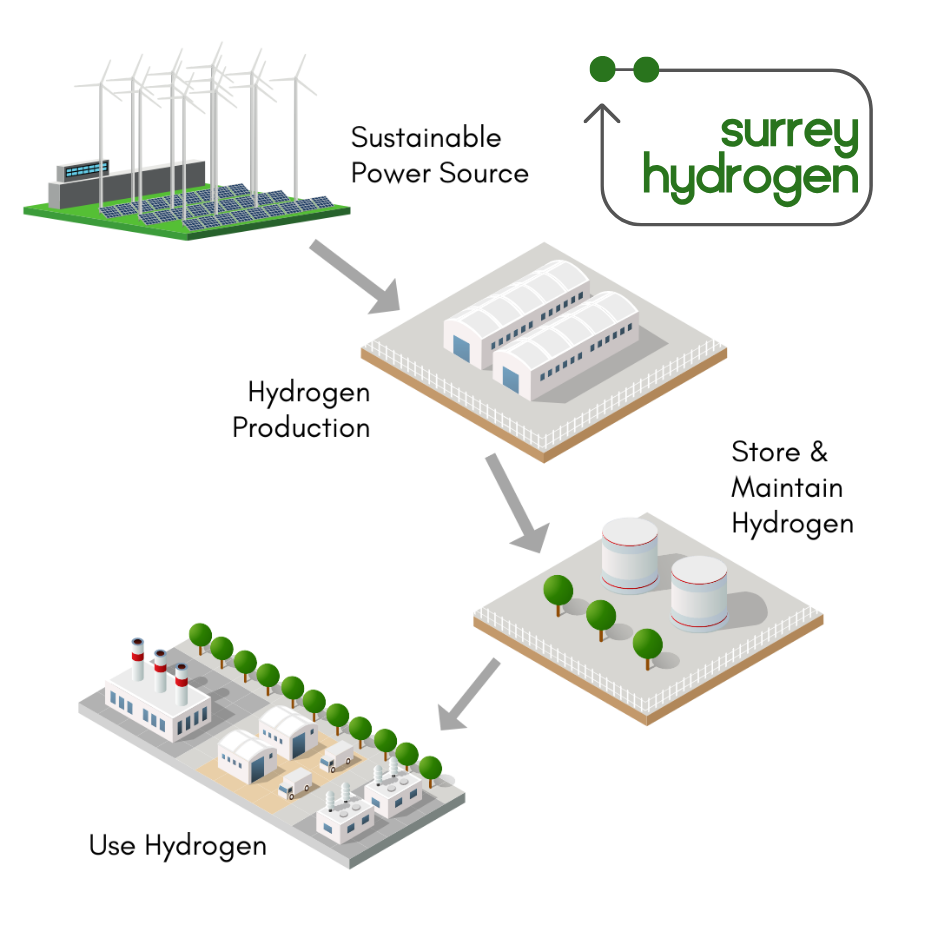Hydrogen is widely noted as the keystone to a net zero future. While renewable energy sources are a fantastic way to generate electricity to power the grid, their supply isn't reliable. What happens when the sun stops shining, or the wind stops blowing? Green hydrogen is there to store the excess energy on a large scale, when batteries just aren’t feasible.
Hydrogen is the lightest gas, with the highest gravimetric energy density, and can be obtained from water or fossil fuels. Hydrogen is deemed as ‘green’ when it comes from the splitting of water, and ‘blue’ or ‘grey’ when obtained from fossil fuels and carbon emitting sources. There is an inherent difference here; although still considered to be cheaper, ‘blue’ and ‘grey’ hydrogen both come from non-renewable sources and contribute towards global warming. Green hydrogen is the environmentally friendly and sustainable alternative, with costs already becoming competitive against the carbon emitting counterparts.










